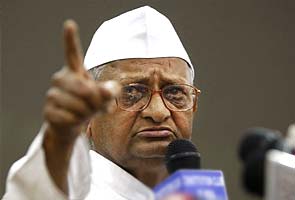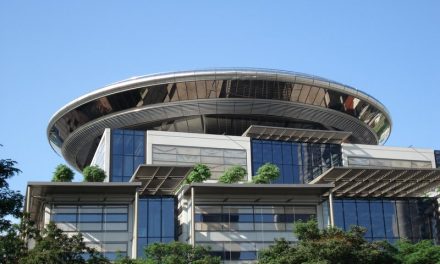Jakarta 8 March 2012. As the House of Representatives (DPR) considers revising the Corruption Eradication Commission’s (KPK) enabling legislation, one lawmaker has said that the anti-graft body should be stripped of its law-enforcement powers so that it can concentrate on corruption prevention.
The growing number of corruption cases was evidence that the commission had failed in its mission to prevent corruption, Benny Kabur Harman, chairman of House Commission III overseeing legal affairs, added. KPK’s law enforcement powers to the National Police and the Attorney General Office (AGO).
Separately, Indonesia Corruption Watch (ICW) researcher Febri Diansyah criticized the plan, saying it indicated that the House was trying to stop the KPK from investigating corrupt House members.
“Several countries, such as Brunei, South Korea, Malaysia, Timor Leste and Thailand, have studied or even adopted parts of the [KPK Law] into their own laws. Many applaud the KPK’s performance. This shows that the KPK is doing its job,” he said.
It is well known that corruption is widespread in Indonesian political circles. Corrupt politicians are shielded by corrupt judiciary and corrupt executive. It really does not matter who prosecutes and who enforces. What is needed is a strong leadership that has the will and capability of sending all the corrupt politicians to jail and rid Indonesia of corruption.














